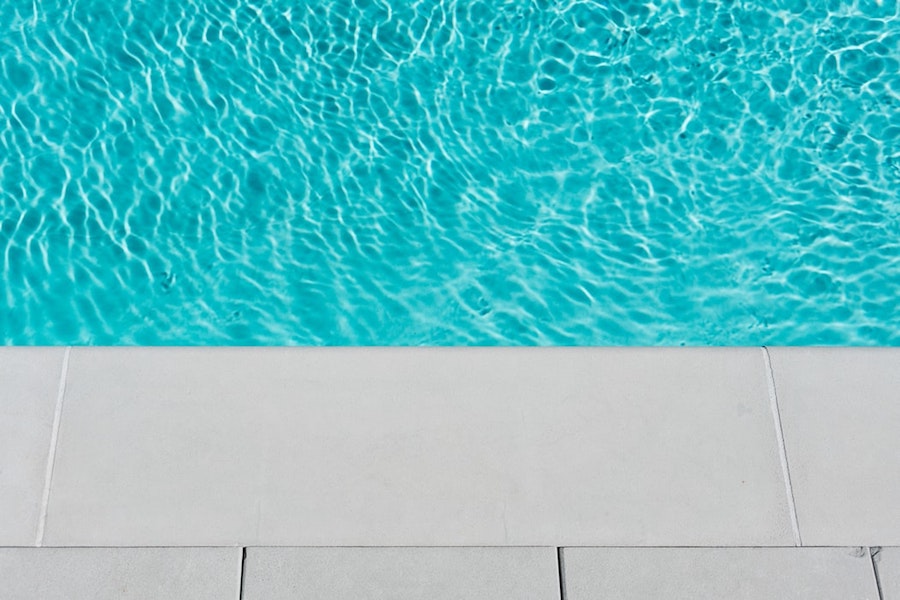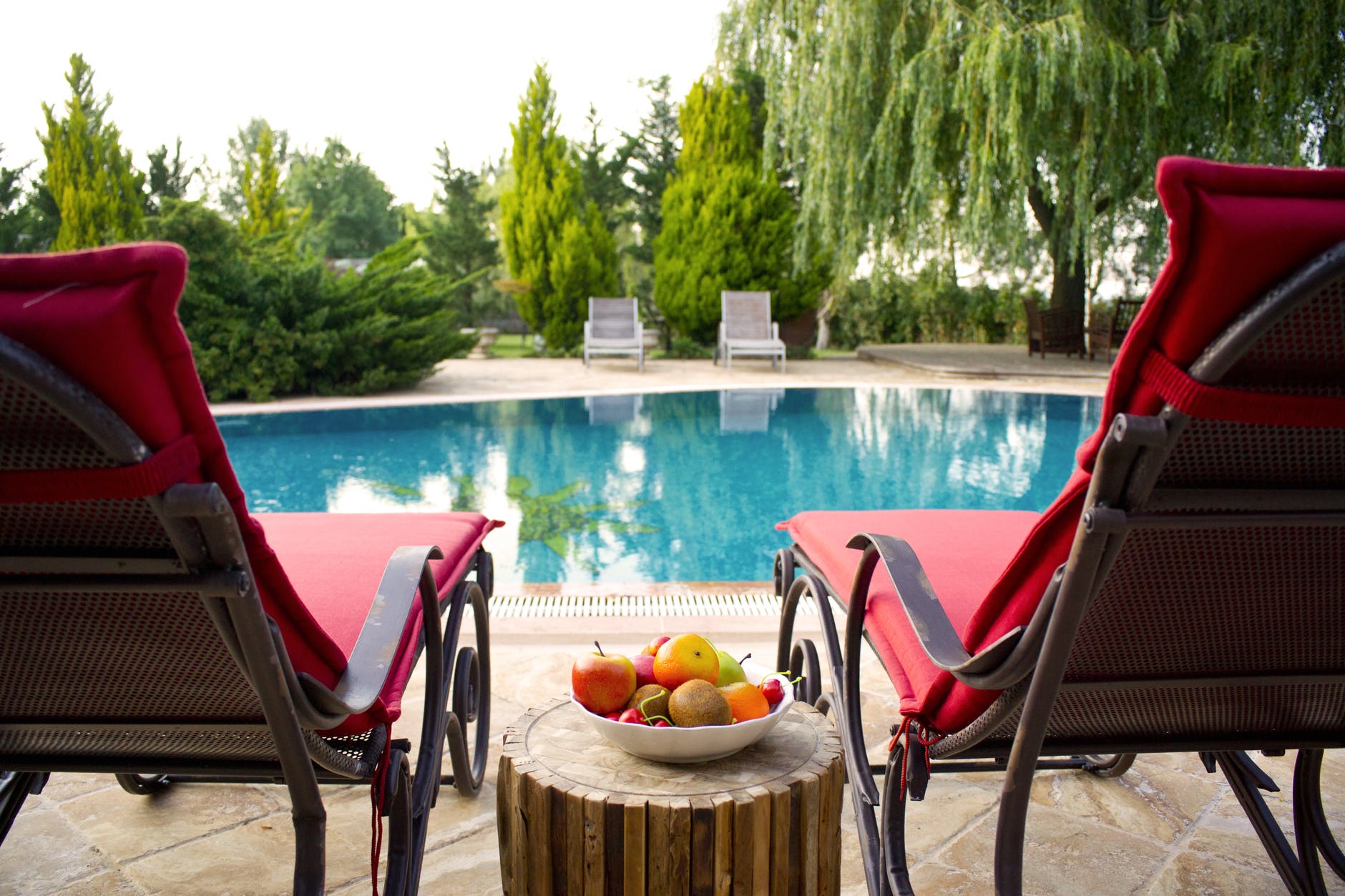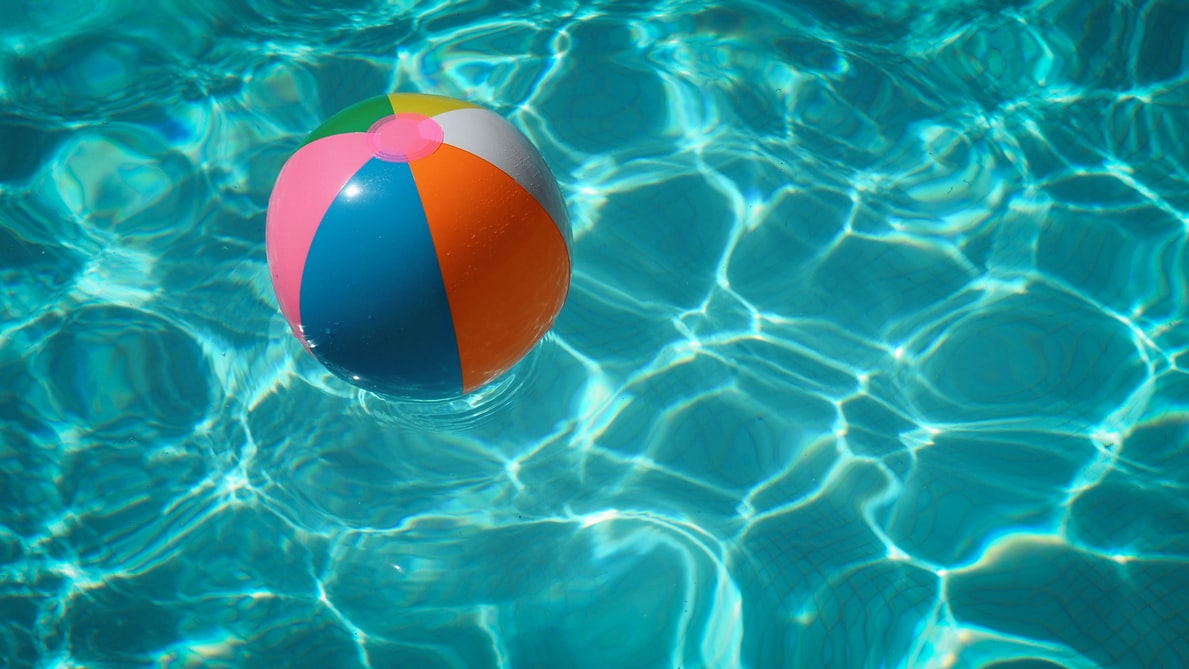In the Raleigh area, it pays to have a pool. Seriously—with daytime summer temperatures often reaching over 90 degrees (not counting humidity), there’s nothing quite like having your own private pool to cool off in.
But as summer slips away and the temperature starts to tick down, it’s almost time to say goodbye and pack up your pool for the rest of the year. Here’s exactly what you need to do to ensure that your pool is properly cared for—even during the months it’s not in use.
When to Pack Things Up

Since weather around the Triangle can be unpredictable, you might be holding out for that last burst of heat before you close things up. While it’s tempting to leave your pool open so you always have the option to take a dip, once the temperature starts reliably hitting 65 degrees, it’s time to call it quits.
But don’t try to get ahead of the game and close it up too early, either, or you’ll risk generating some serious algae blooms and bacteria build-up.
After you close up your pool, if there’s ever a day or two with temperatures above 65 degrees, it’s the perfect time to test your water and make sure it’s still balanced and clean!
What You’ll Need

You’ll need a decently long list of supplies to close up your pool—whether it’s in-ground or above-ground. Here’s a quick rundown of what to pick up for an above-ground pool:
- Winterizing chemical kit
- Pool skimmer
- Expansion plugs
- Return line plugs
- Winter cover
- Winch, cable, and clips
- Pool air pillow
- Swimming pool antifreeze
If you have an in-ground pool, the list of supplies will be a little longer, including:
- Air compressor
- Water chemistry kit
- pH adjusters
- Algaecide
- Shock
- Winterizing kit
- Winter cover
- Pool brush and vacuum
- Sanitizer (chlorine or bromine)
- Cyanuric acid
- Metal sequestrant
- Rubber plugs
- Skimmer plug
- Telescoping pole.
The Process

No matter what sort of pool you have, the winterizing process is pretty much the same for both. First and most importantly, you’ll need to give your pool one last, thorough cleaning. Use a test kit to make sure all of the chemical levels are balanced and clean out any debris.
Next, you’ll want throw in the chemicals from your winterizing kit, which should have a set of clear instructions on the label. You’ll also want to do a few more things, like adjust the alkalinity, throw in some algaecide, and shock the pool. If you have an in-ground pool, you should also decrease the water level and clean out the pump and filters.
One of the biggest winter threats for your pool is freezing lines, so be sure to blow yours out. The process is a little complicated since it requires drying out your lines, pumps, and filters, so you might want to hire an expert. In warmer climates where the temperature never gets below freezing, you can opt for antifreeze, but since Raleigh weather is unpredictable, it’s best to be extra prepared.
For the last few steps, you’ll need to clean up and store your accessories, then say goodbye and throw on your cover. If you have an above-ground pool, don’t forget to put the pool pillow in first!
Need More Details?
You want to ensure that your pool is properly cared for, and that may require some extra reading. If you’re looking for a more in-depth look at the process, try consulting these resources for closing up an in-ground and an above-ground pool.
Searching for a Home with a Pool?
Although the winterizing process maybe tedious, having that cool paradise during the hot summer months makes it all worth it. Are you looking to buy a home with a pool? We can help! Check out our in-depth page, and use our buying resources to get started.
Interested in buying a home in Raleigh but not sure what you’re looking for? No problem—get started with our specialized search, and give us a call with any questions!

